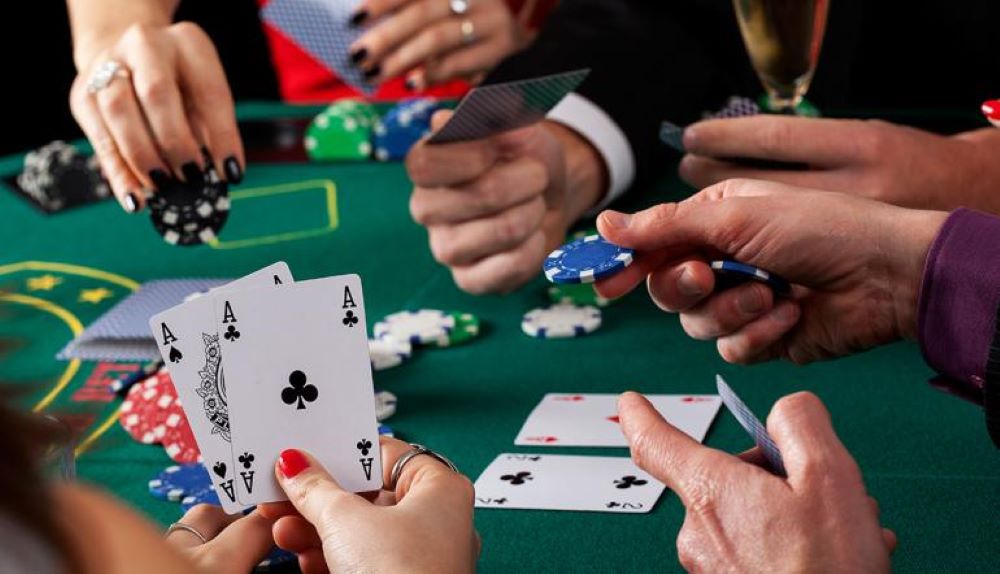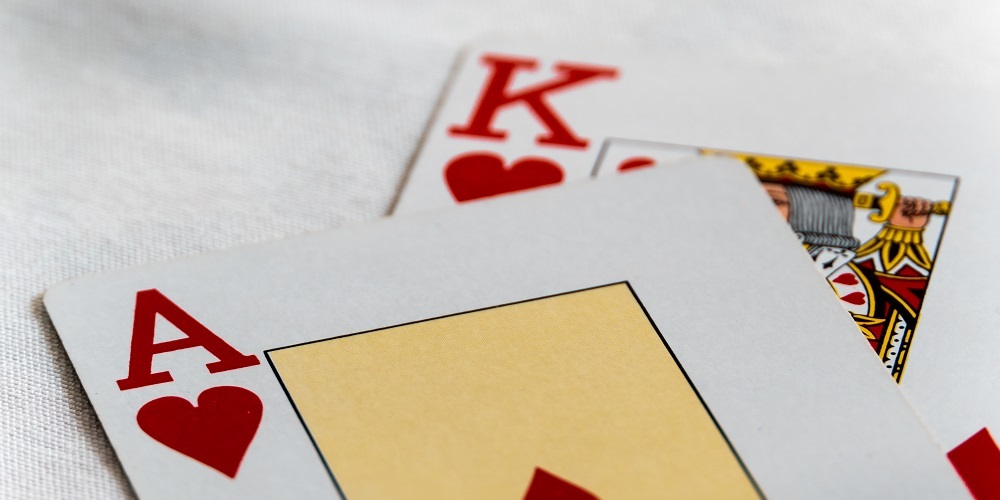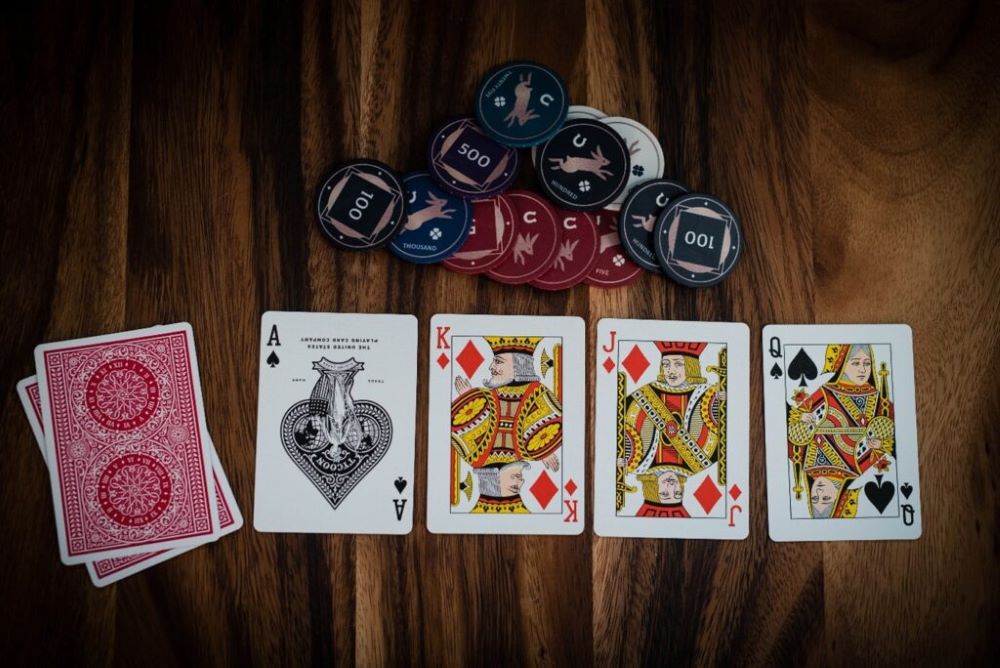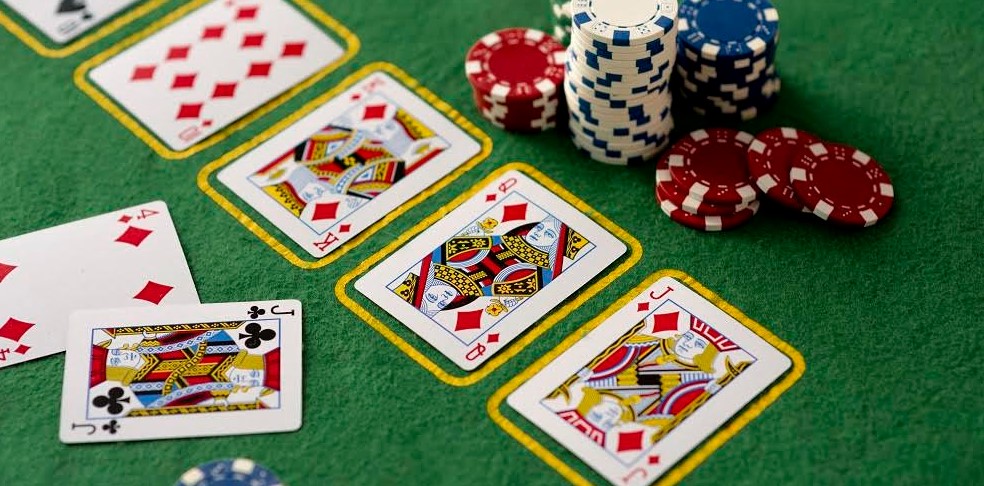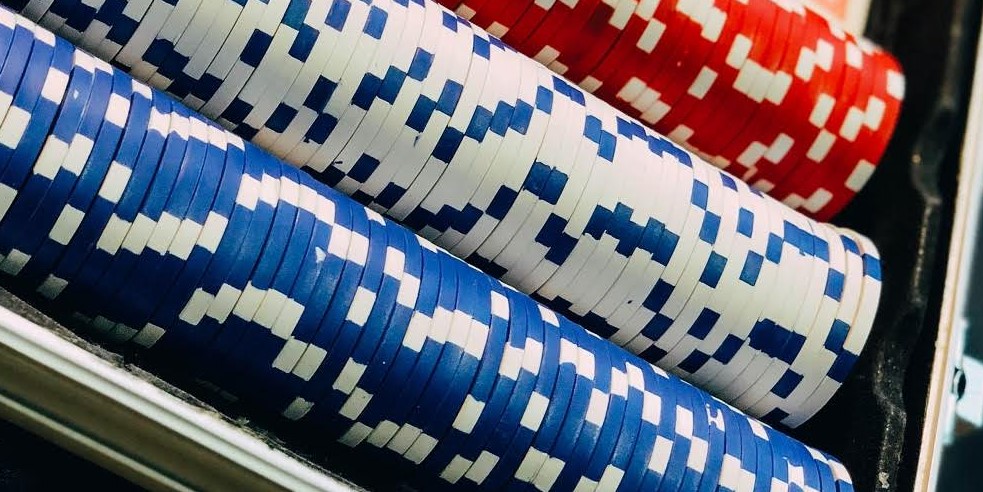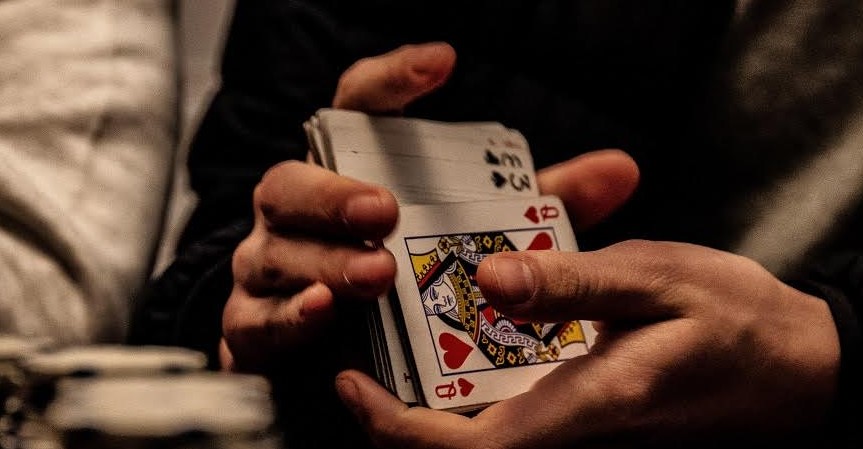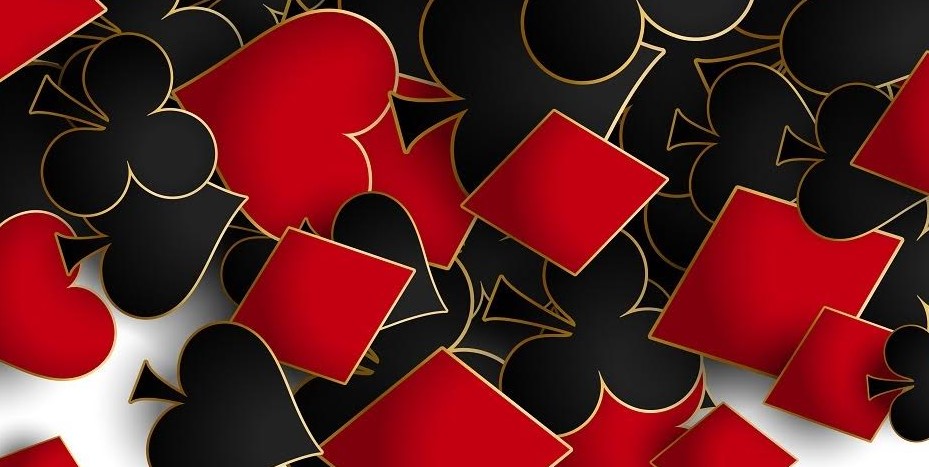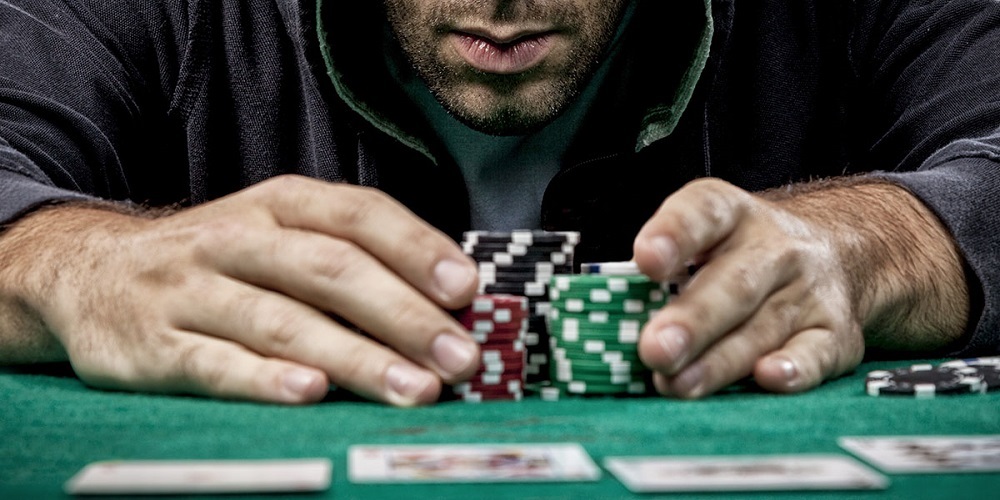If you have not experienced it, you can be satisfied. When we say that poker is, in many cases, a game of mental strength, we assume that the player has everything necessary to resist and keep his mind in the game and on the path of the hot streak.
But what happens when it is not? What happens when a failure leads us to an error, and we enter a spiral of negativity and bad results that feeds itself, and from which it is very difficult to get out? That we will be experiencing what is known as “tilt”.
What is tilt in poker

In poker, “tilt” is the term used to define that unpredictable losing streak we experience when we don’t get the expected results. Very often, the tilt worsens when, upon becoming aware of the accumulated bad results, an enormous frustration appears that prevents us from correctly judging the coming games, lengthening the bad streak of bad results and aggravating the frustration. An infinite loop from which it is necessary to get out and that can be avoided, but with the appropriate guidelines.
What is it that leads a player to tilt? Mainly, two things: a streak of bad results, or a series of heavy losses that jeopardize their continuity. Often, one leads to the other, causing a small loss, due to the oversize that a demanding player can give him, ends up affecting the player’s psyche too much and bad results end up occurring without remedy.
How to avoid tilt in poker

The question is not how to avoid tilt, since we are sentient beings and we cannot avoid feeling and suffering what affects us. The key is how to face the tilt, and here the predisposition and attitude of each player, together with his mental strength, will be decisive.
The first and most important thing of all: relativize the bad results. Above all, if they have not been caused by our failures. But, in the event that we have made a mistake and that error has led us to lose a part of the stack, we should not flagellate ourselves or exaggerate the failures. We all make mistakes, and that’s it. The sooner you turn the page, the better.
Does that mean the errors are unimportant? Absolutely. A failure in poker has its relevance, but you should never give things more importance than they have. You make mistakes, you learn and you play better than before. It is the key to success, and the path to a successful career. That, together with training, study and hours of post-game analysis, will make you a more complete player.
Keep in mind that tilt affects all aspects of poker, inside and outside the tables. When a player is in a whirlwind of negativity and does not stop concatenating bad results, his training hours are not as productive, his ability to analyze and retain knowledge suffers, and he does not advance at the rate he should. That ends up taking its toll, and that is why some players need help to get out of that spiral of negativity.
When you relativize a mistake and spend quality time learning from the mistake, you get oil out of a bad play. And that’s how poker works. Give yourself time if it is your first bad streak and you had not faced this before. It is always difficult.
How to stop tilting in poker

One of the concepts that will most help you stop tilt is emotional awareness. If you don’t know how to recognize what you feel, how can you stop feeling it? It is necessary to know ourselves well and know to what extent things affect us.
Changing the focus, taking a break from the game and getting away from the tables are the next steps. Do your part and study where you have failed, improve it and you will see how you come back with renewed energy. You should always focus on the process, not the result, to avoid getting frustrated. The inner healing process that is experienced when suffering a tilt is pure oxygen that will come in handy.
Keep in mind that experience is paramount in poker, and tilt, although drastic, is an essential ingredient in that experience. Strengthening yourself as a player sometimes requires hard lessons, but you can avoid losing if you recognize the mistake, take your time to identify it and do not aggravate the situation by dwelling on your mistake and feeling sorry for yourself.
Moral of the story: learning from mistakes is part of the learning curve. It is important to know how to manage this adversity to use it in your favor and not succumb, compromising your career. Hence, it is important that, if you need it, you seek professional help to try to break the loop and use your full potential again in the next game.
Have you heard the expression “tilted player”? What does tilted mean in poker? When a player is experiencing the tilt, he is known as “tilted player” or simply “tilted”, someone who is in a bad rush and is not able to change his or her luck for the moment.
